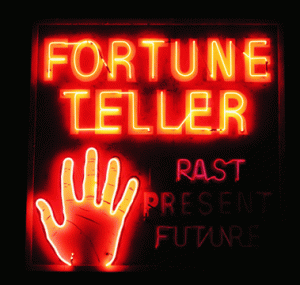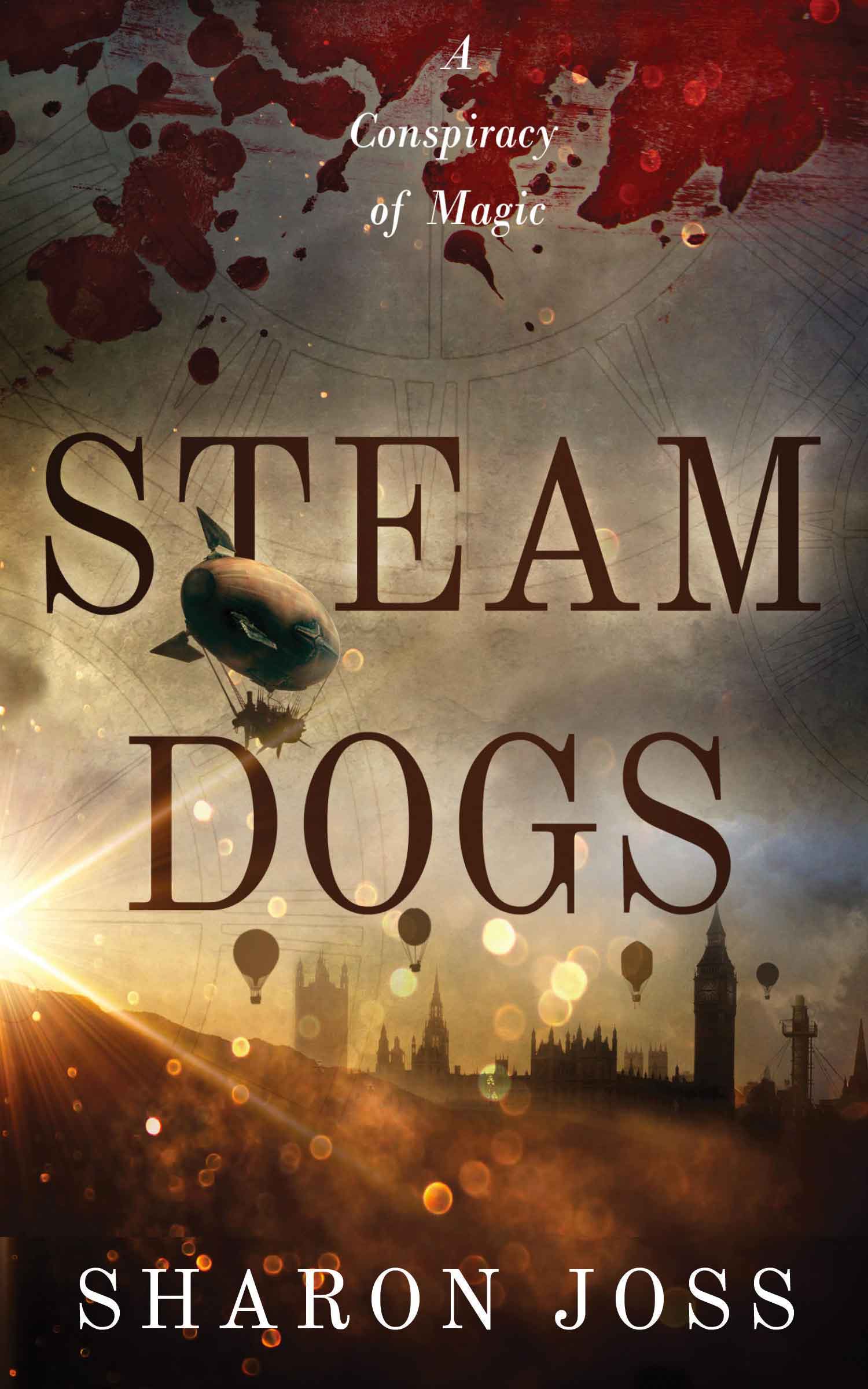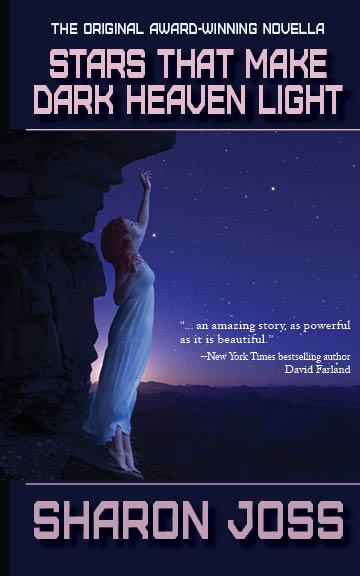 When I first started writing, my only goal was to write a novel, get an agent, and get it published. The way I figured things then, was that I’d gotten decent grades in my English classes in school, and I’d done plenty of writing in the business arena. I had a story I wanted to tell, and by golly, I was going to write it.
When I first started writing, my only goal was to write a novel, get an agent, and get it published. The way I figured things then, was that I’d gotten decent grades in my English classes in school, and I’d done plenty of writing in the business arena. I had a story I wanted to tell, and by golly, I was going to write it.
But when I finished that novel, I learned that the mere act of writing wasn’t enough to make me a writer. And as I tried to figure out why that novel wasn’t ever going to get published, I realized there were a lot more skills I needed to learn in order to become a ‘real’ writer. Maybe if I’d had a crystal ball to tell me what I needed to do before I started, it might not have taken me so long to get published. On the other hand, maybe someone did tell me all this stuff and I just didn’t believe it until I experienced it for myself. So here’s the starter list of biggies:
- Storytelling. It’s not the same as writing; not at all. You’ve got to be able to tell a story. There’s a pattern inherent in our evolution that readers expect in every story they hear or read. It includes plot, rising action, characterization, choices, setting, and a conclusion that provides the reader with some sort of satisfaction or closure.
- Research. Get used to it, and get good at it. Sure, they tell you to write what you know, but the chances that your life is interesting enough to read about are slim to none. You’ve got to learn a lot more than you do to write the stories that people want to read.
- Grammar and voice. Oh sure; they tell you about this too, but they don’t impress upon you how important it is. Not only do you need to understand and use the rules of grammar so that your readers are not distracted by its lack, you must do it in way that is evocative, intriguing, interesting, and reveals character beyond the mere words on the page.
- Discipline. It’s not enough to just put your butt in the chair and write (which is hard enough). You must finish what you write. And you must do it again and again and again.
- Marketing. You can’t get published without learning how to market your work or yourself. Even if you went the self-publishing route, you’d have a hard time selling your book without a decent bio or blurbs for your book. Whether you’re pitching to agents, publishers, or prospective readers, you’ve got to learn how to market your product.
- Networking. Sure, writing may be a solitary profession, but the more you learn about the business, the more you learn that there’s a lot you don’t know you don’t even know. Stuff that isn’t in books. Stuff that only other authors, agents, editors, and publishers more experienced than you can tell you.
- Make friends with the folks your local post office and UPS store. Familiarize yourself with postal regulations, packaging, and long lines, because you won’t believe how much time you spend sending stuff through the mails. Be it queries, partials, or full fledged manuscripts and short stories. If you finish what you write, you’ll be spending a lot of time here. Oh, and don’t forget tracking your packages and those dang receipts.
There’s more (a LOT more), but I’d say these were the fundamental lessons I learned that nobody ever told me about when I first decided I wanted to write a novel. Just yesterday at the Post Office, the postal lady (my pal Nancy) was telling me she wants to write a novel some day. I wonder if she gets an employee discount on mailing.









